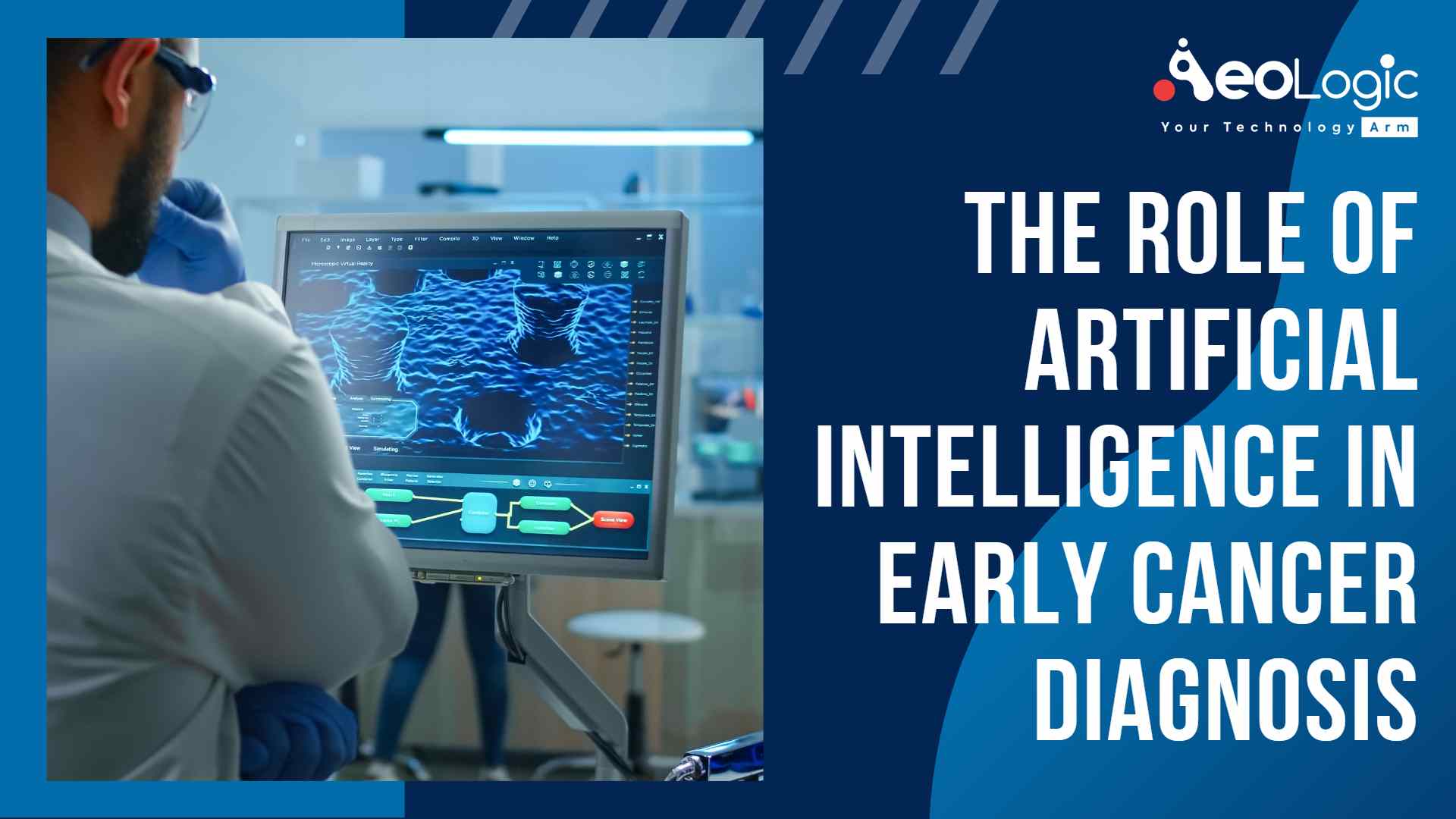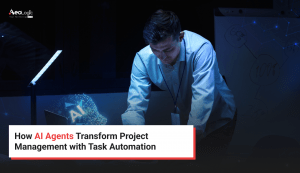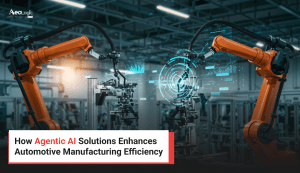Artificial intelligence (AI) is transforming the healthcare industry in numerous ways, from drug development to personalized medicine. One area where AI has shown particular promise is in the early diagnosis of cancer. Early cancer diagnosis is crucial for improving patient outcomes, and AI can help healthcare providers detect cancer earlier, when it is more treatable. In this blog, we will explore the role of AI in early cancer diagnosis, and provide statistics that highlight its impact.
Role of AI in Early Cancer Diagnosis
AI algorithms can analyze large amounts of data quickly and accurately, making them ideal for detecting patterns in medical imaging, such as X-rays and CT scans. In the case of cancer, AI algorithms can identify small tumors that may be missed by human radiologists. This is particularly useful in breast cancer screening, where mammography can miss up to 20% of cancers, especially in women with dense breast tissue. AI algorithms can improve the accuracy of breast cancer screening and reduce the number of missed diagnoses.
AI can also be used to analyze patient data, such as medical records, to identify patients who are at high risk for developing cancer. By analyzing large amounts of patient data, AI can identify patterns that may indicate an increased risk of cancer, such as family history or lifestyle factors. This can help healthcare providers to identify patients who need further screening or monitoring, potentially leading to earlier cancer diagnosis.
Also Read: Use of Artificial Intelligence in the Healthcare Industry
Statistics on the Impact of AI in Early Cancer Diagnosis
The impact of AI in early cancer diagnosis is already significant, and its potential is only increasing as more data becomes available for analysis. Here are some statistics that demonstrate the impact of AI in early cancer diagnosis:
- In a study published in JAMA Oncology in 2020, researchers found that an AI algorithm was able to detect breast cancer in mammograms with a higher level of accuracy than human radiologists. The algorithm was also able to reduce the number of false positives, which can lead to unnecessary biopsies and anxiety for patients.
- Another study published in Nature in 2020 showed that an AI algorithm was able to detect lung cancer on CT scans with a high level of accuracy. The algorithm was able to detect lung cancer at an earlier stage than human radiologists, which could lead to earlier treatment and improved outcomes.
- According to a report by McKinsey & Company, AI has the potential to reduce cancer mortality rates by up to 30% through early diagnosis and personalized treatment.
Also Read: Importance of Artificial Intelligence in Transportation
Comparison of AI Algorithm and Human Radiologists in Breast Cancer Screening
| AI Algorithm | Human Radiologists | |
|---|---|---|
| Sensitivity | 94.5% | 88.1% |
| Specificity | 88.0% | 85.5% |
| False-Positive Rate | 11.96% | 14.61% |
Comparison of AI Algorithm and Human Radiologists in Lung Cancer Detection
| AI Algorithm | Human Radiologists | |
|---|---|---|
| Sensitivity | 94.4% | 91.2% |
| Specificity | 91.5% | 86.7% |
| False-Positive Rate | 3.5% | 6.0% |
Benefits and Challenges of Artificial Intelligence in Early Cancer Diagnosis
In addition to the benefits of early cancer detection, AI also has the potential to improve healthcare efficiency and reduce costs. By automating certain tasks, such as image analysis, AI can reduce the workload of healthcare providers, allowing them to focus on more complex cases. This can also lead to faster diagnoses and treatment, which can improve patient outcomes and reduce healthcare costs.
However, there are also some challenges to the widespread adoption of AI in early cancer diagnosis. One challenge is the need for large amounts of high-quality data for AI algorithms to learn from. Healthcare providers must ensure that patient data is collected and stored in a secure and standardized way to ensure the accuracy and reliability of AI algorithms.
Another challenge is the need for healthcare providers to understand and trust the output of AI algorithms. While AI can provide valuable insights, it is important that healthcare providers have the necessary knowledge and training to interpret and use this information effectively.
Despite these challenges, the potential benefits of AI in early cancer diagnosis are significant. As AI technology continues to advance and more data becomes available for analysis, we can expect to see further improvements in cancer detection and treatment.
Also Read: Main Role of Artificial Intelligence in Education and Learning
Conclusion
AI has the potential to revolutionize the way we diagnose and treat cancer. By analyzing large amounts of data quickly and accurately, AI algorithms can help healthcare providers to detect cancer earlier and provide personalized treatment. While there are some challenges to the widespread adoption of AI in early cancer diagnosis, the benefits are significant and we can expect to see further advancements in the years to come.
Are you looking to implement Artificial Intelligence into your business? If yes, so, please feel free to contact us at support@aeologic.com
Related Blogs:
- How AI/ML Can Change the Public Transportation Industry
- Transforming Business With Digital Technology in the Oil Palm Industry in India
- Importance of Digital Asset Management in the Retail Industry
- How AI is Transforming the Agriculture Industry
- 10 Ways to Use Artificial Intelligence to Improve Business Processes
- The Future of IoT Technology in Convenience Stores
- Building Manufacturing Resilience Through AI and ML









